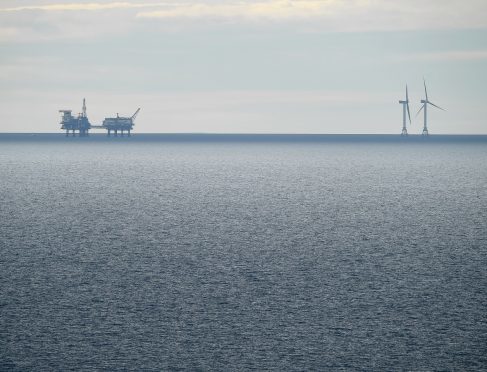The UK Government has announced a £600 million support package for offshore wind power which could be “transformative” for remote island communities.
The new Contracts for Difference (CfD) package, which will allow smaller and remote island developments to bid for contracts to power up to four million homes, was confirmed yesterday by the Minister for Energy and Clean Growth, Claire Perry.
Clean electricity auctions will be held from May 2019 and every two years from then on, with a support package of up to £557m available.
And onshore windfarms in Orkney, Shetland and the Western Isles will be able to compete at the auctions for the first time.
Western Isles MSP Alasdair Allan yesterday welcomed the confirmed auction dates but stressed onshore wind power development in his constituency depends on laying a subsea cable – or interconnector – to link future projects to the mainland grid.
But he said the CfD auctions and prospect of more wind generation capacity will be “crucial” for enabling this to happen, adding: “I think there is potential for economic development in island communities and for Scotland as a whole.
“We have been talking about wind power in the Western Isles for a long time but now have the opportunity to do something transformative – but it hinges on the UK Government agencies and the industry itself.”
The new CfD package means the amount of offshore wind generated around UK is set to double over the next decade.
The move could deliver up to an additional two gigawatts (GW) of offshore wind per year in the 2020s, to bring total capacity up to 30GW by 2030 from current levels of 7GW in operation and 7GW in construction or with contracts.
That will be enough to meet more than a third of the UK’s power needs, boosting jobs and cutting costs for consumers, industry bosses said.
Ms Perry said that the UK offshore wind industry has been a “British success story” over the last decade and that the latest announcement provides certainty for the next 10 years.
Orkney MSP Liam McArthur said remote and island communities most directly affected by new offshore developments must have the chance to benefit from them.
He also questioned the Conservative government’s record on support for Scotland’s renewable energy sector in recent years, adding that it would be “essential” to see the small print of the latest initiative before drawing any firm conclusions.
However Jenny Hogan, deputy chief executive at Scottish Renewables, said: “Today’s confirmation that next year’s auction will take place in May, and the schedule laid out for future rounds, provides much-needed clarity to Scotland’s renewables industry.
Developers and supply chain companies across Scotland can now plan for projects over the next decade with more certainty.”
